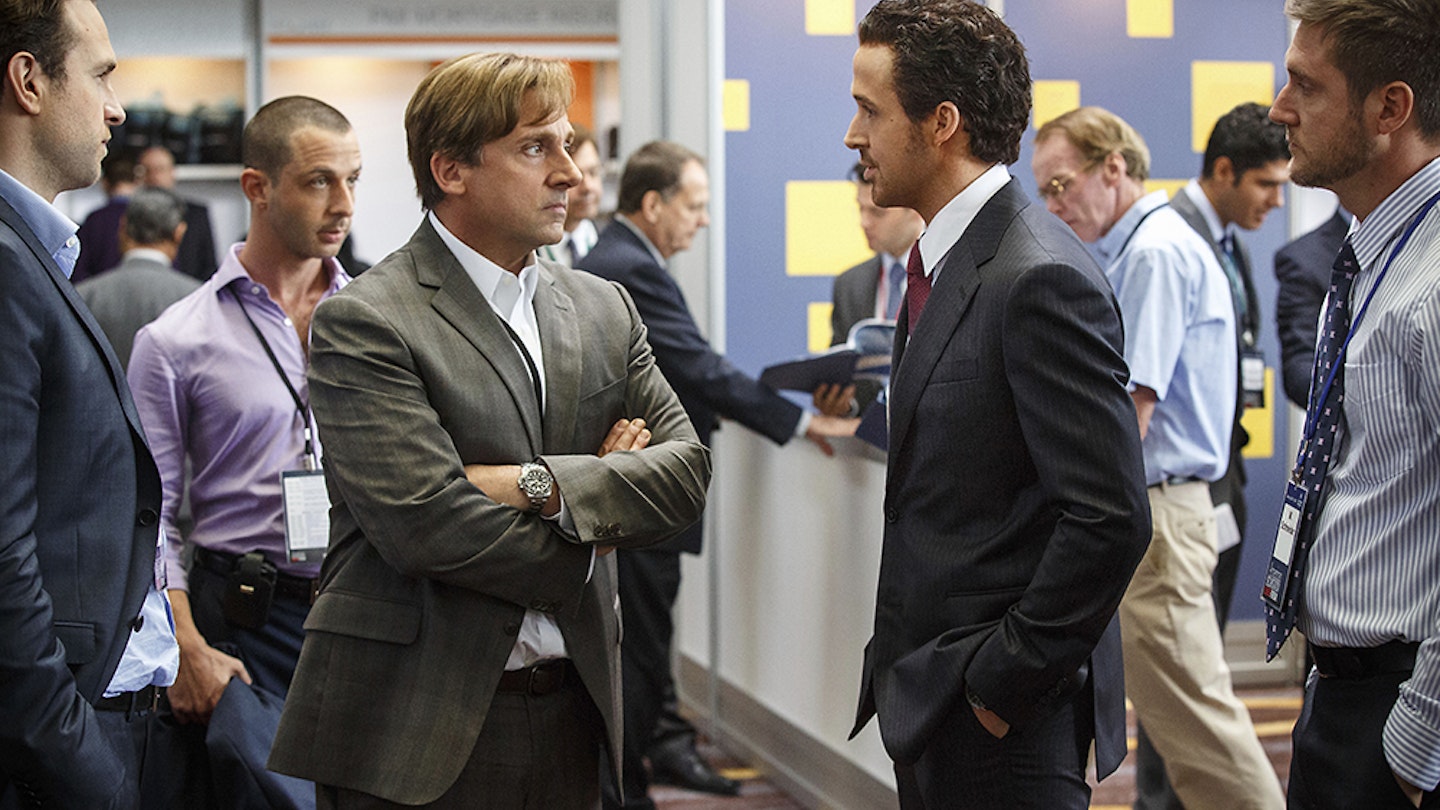The financial crisis hit in 2008, bringing in its wake chaos on the world markets, economic hardship and a lot of impenetrable jargon. Once Hollywood had waded through the latter, the movies quickly followed in its wake. This week brings the Oscar-nominated The Big Short, a timely reminder that banking isn't all dwarf-tossing and Quaalude binges, as Adam McKay's adaption of Michael Lewis's book steers us deftly through the meltdown. For those that don't know their subprime from their prime ribs, these ten films offer the perfect, erm, primer.
Inside Job (2010)
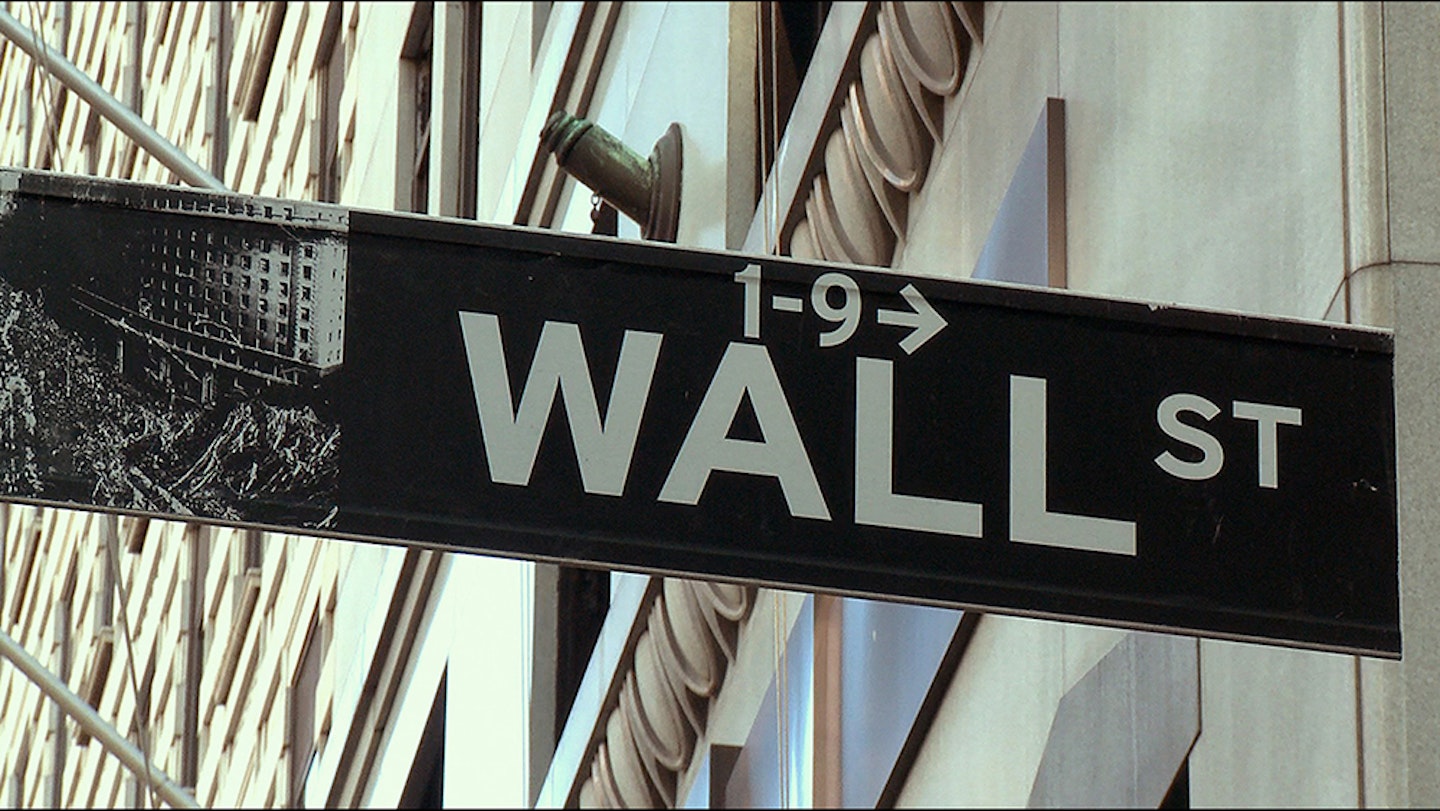
Charles Ferguson's Oscar-winning doc opens with a Wall Street montage overlaid with Peter Gabriel's Big Time. As the helicopter shot spans across the awe-striking Manhattan skyline, Gabriel promises "I'm on my way, I'm making it". As this penetrating and scary doc soon reveals, just about everyone else was heading in the opposite direction. Skipping from Iceland, a fishing economy elevated to untold riches, to Wall Street, a madhouse of numbers, narcotics and expense accounts, Ferguson turns over the bricks of America's collapsing economy and charts the CEOs, politicians and regulators that scurry out. Angry but objective, it's the perfect primer for The Big Short.
Margin Call (2011)
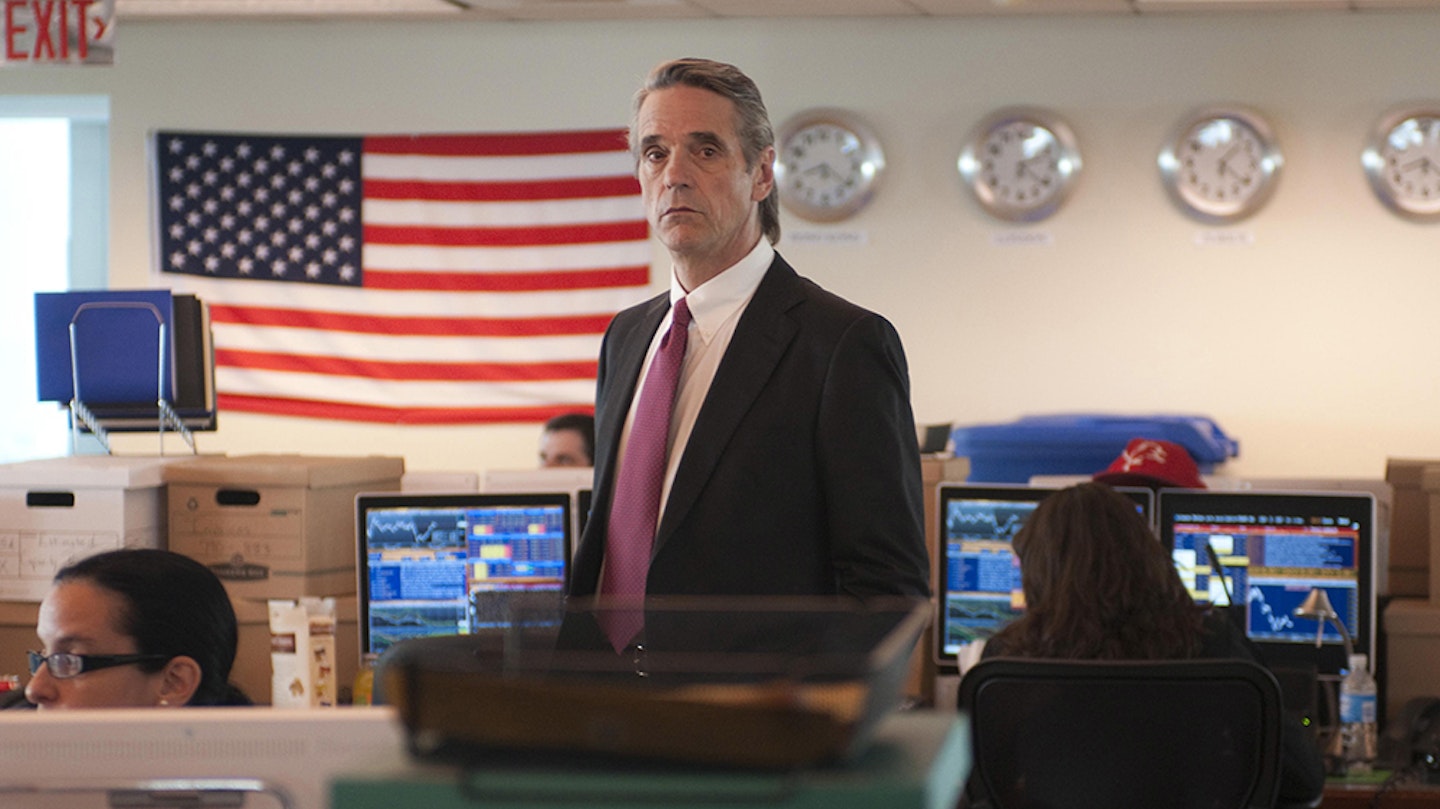
Inside Job beat it to the punch by a year, but, of the feature films tackling the financial meltdown, J.C. Chandor's gripping banking parable was the first limo off the rank. Unfolding over the course of one dark night of the soul in an unnamed (but clearly Lehman Brothers-like) bank, it plays like a conspiracy thriller as Zachary Quinto's analyst stumbles upon a black hole on the bank's balance sheet - Christian Bale fills a similar role in The Big Short - before being whisked upstairs to explain things to the big wigs. Then Jeremy Irons's vampiric CEO flies in by chopper and it all turns into The Titanic. Only, this being Wall Street, the women and children go last.
I.O.U.S.A. (2008)
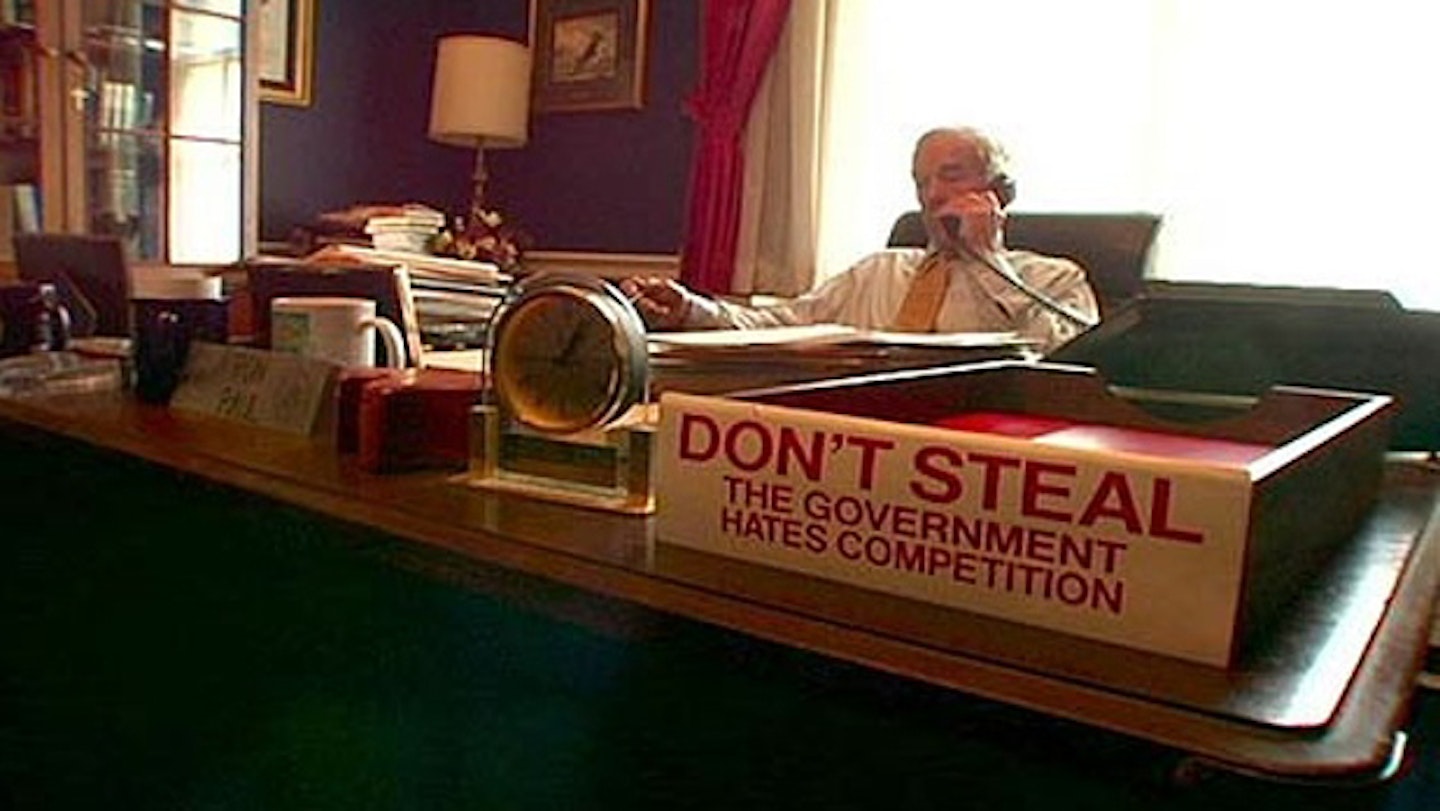
Billed as An Inconvenient Truth only with mountains of debt instead of imperilled icesheets, this documentary came together before the financial crisis unfolded. Responsible for this cinematic soothsaying is director Patrick Creadon, who records ex-government watchdog David Walker (think Andy Garcia's Internal Affairs character with a PhD in economics) as he lays bare America's crushing debt burden using smart interviews, impassioned vox pops and the odd SNL sketch. At the time Walker seemed like a lone voice of warning. Now? He looks a lot like a man worth listening to.
The Queen Of Versailles (2012)
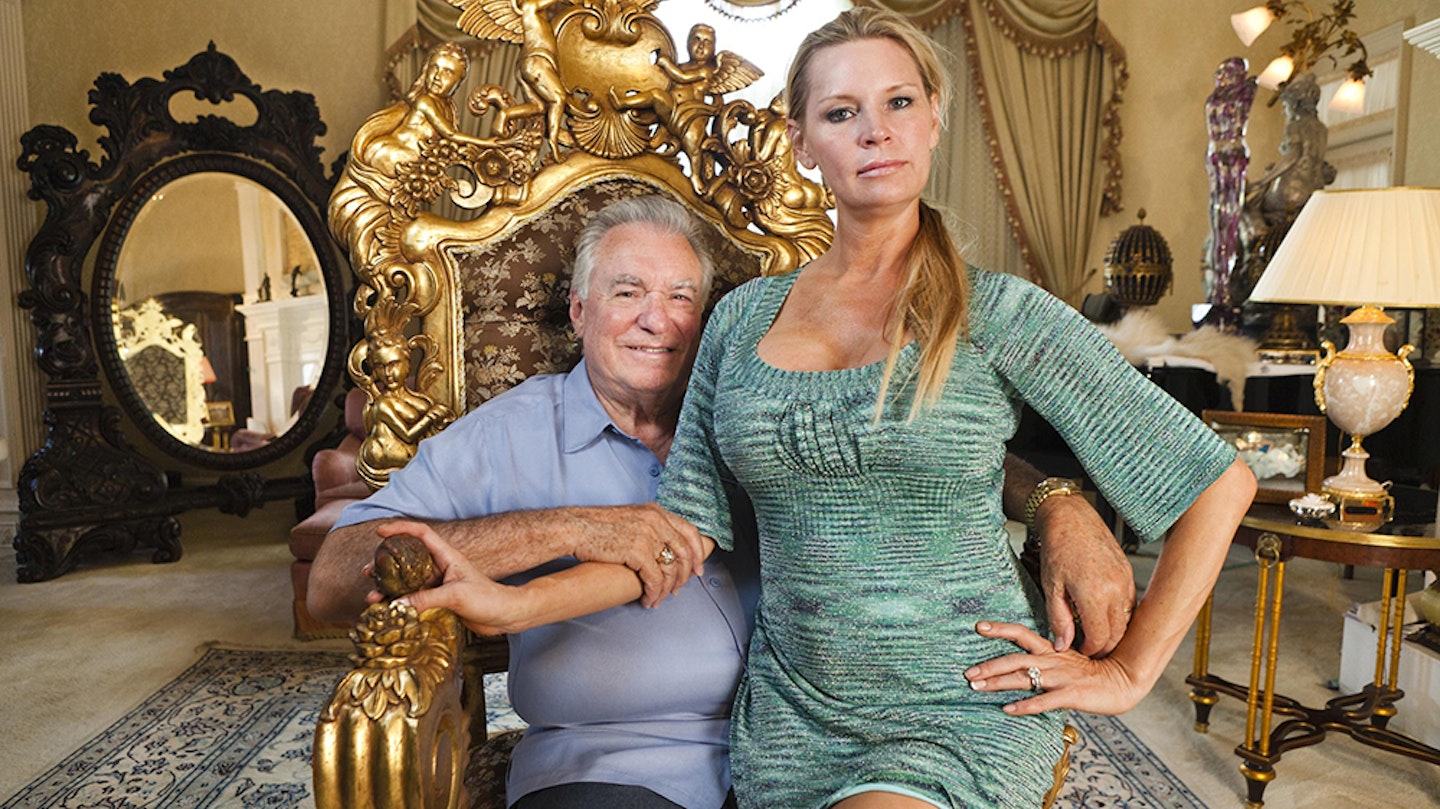
A key scene in The Big Short sees Steve Carell's hedge fund manager head to Florida to investigate the parlous state of its real-estate market. If he'd driven a little further up the road, he'd have spotted the Xanadu-like monstrosity being erected by timeshare mogul David Siegel for his wife, Jackie. Styled on the real Versailles, only gaudy enough to have even Louis XIV rubbing his princely peepers, this temple of excess falls to ruin when the banking crisis hollows out the Siegels' fortune. Lauren Greenfield's documentary is sober rather than schadenfreude-filled, a cautionary reminder that, back in 2008, even paper wealth was no protection against real-life poverty.
Capitalism: A Love Story (2009)
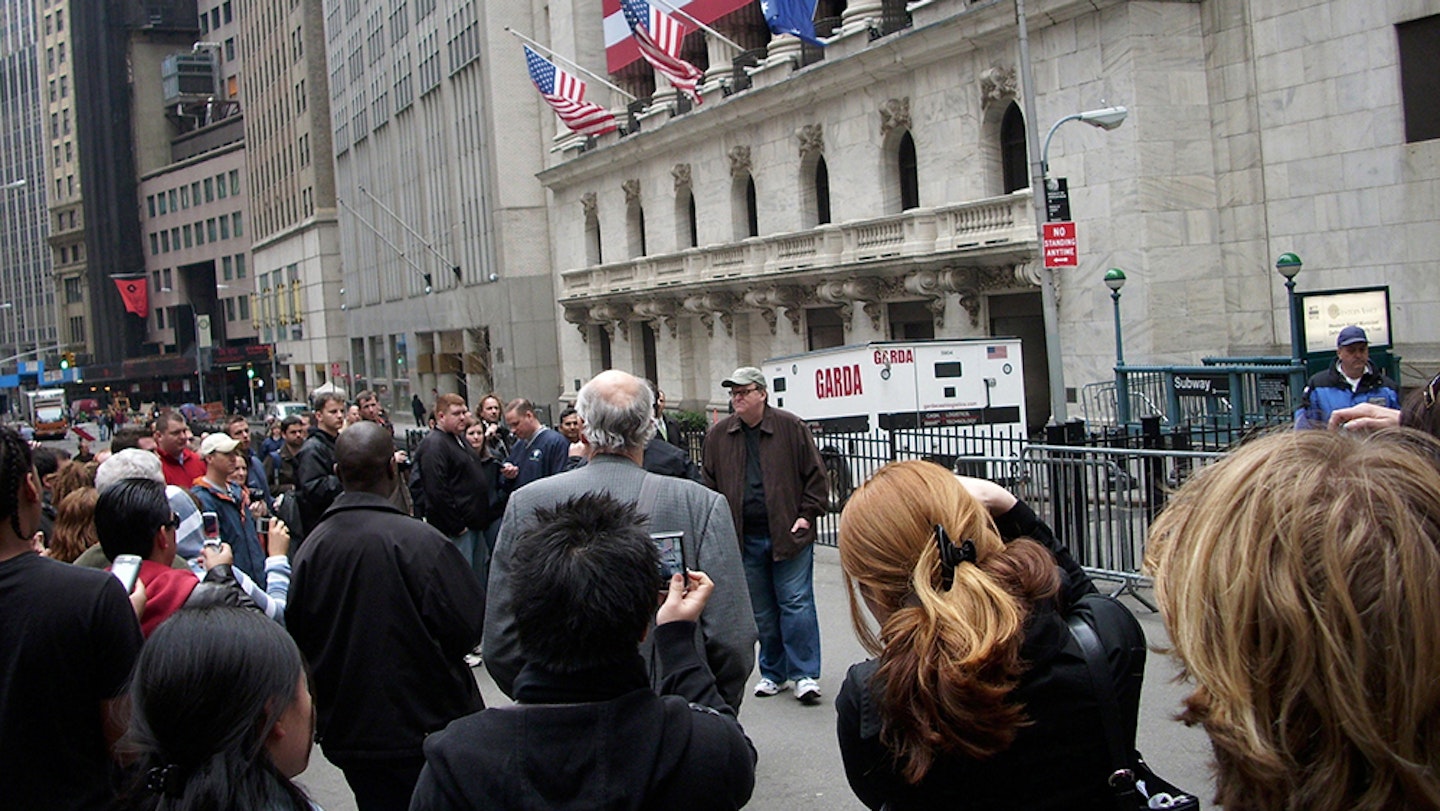
Michael Moore, Hollywood's town crier, had one or two things to say about the 2008 crisis, too. Things that, as a polite website, we'll refrain from paraphrasing here. Suffice to say, Moore dons his ubiqitous baseball cap to tour modern America exploring the parts The Big Short fails to reach: the homeowners repossessed, the airline pilots with their pensions cut and the deliberately mystifying language of Wall Street. It's not always subtle - a matchcut from the New York Stock Exchange to a Vegas casino cuts to the nub of Alan Greenspan's economy - but it fillets the American dream with a scalpel. "In America, sometimes you're better off working at Mickey D's," runs the sobering conclusion.
Moneyball (2011)
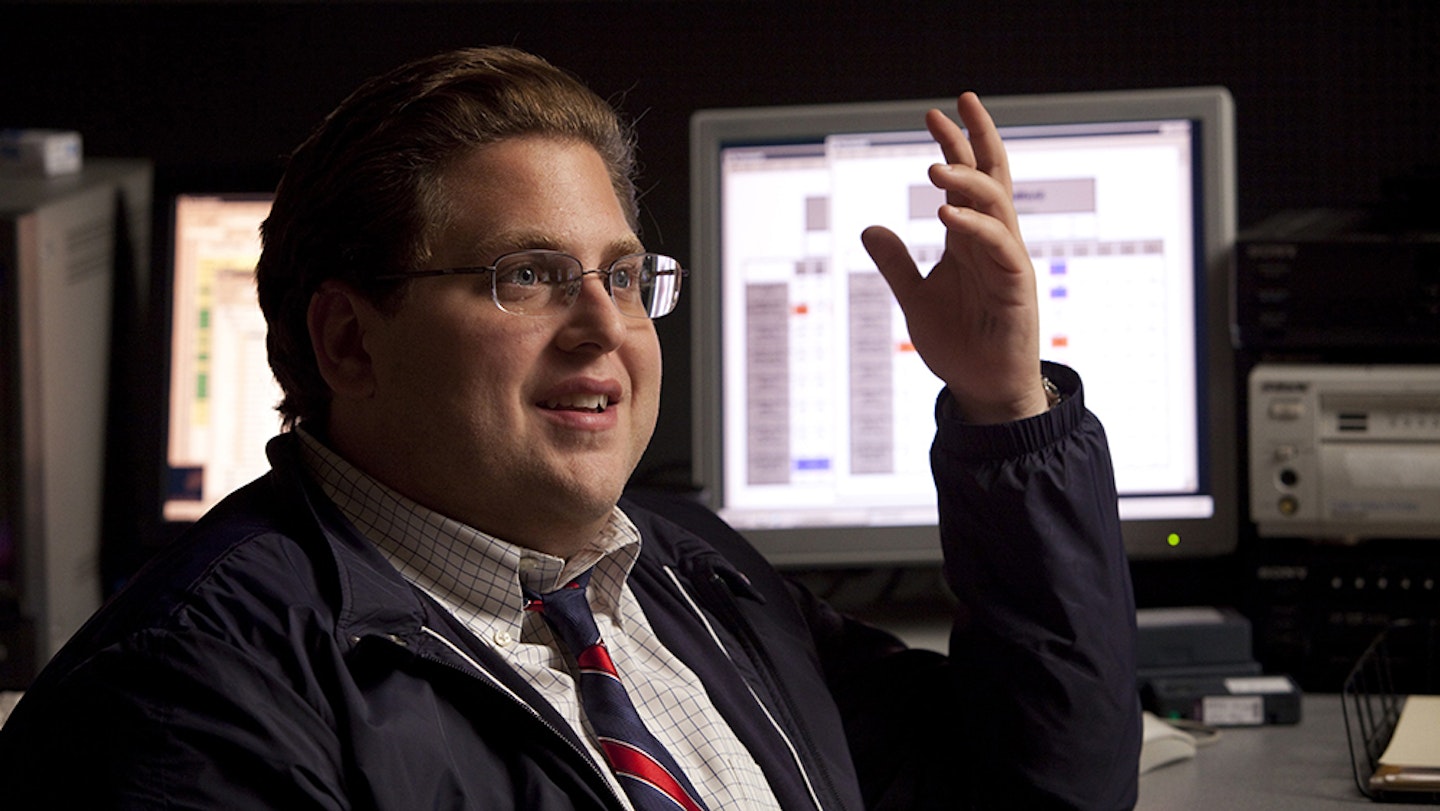
Not a finance movie, sure, and a very different beast from Adam McKay's comedy-drama, but Moneyball, also penned by The Big Short writer Michael Lewis, offers a similarly journalistic command of analytics, numbers and personalities. Few can demystify and detangle such complex ideas with Lewis's panache - here it's subprime baseball players rather than stocks being traded - and when you throw in Aaron Sorkin's screenwriter, Bennett Miller's pacy direction and Brad Pitt's charisma as the Oakland A's ballpark mystic Billy Beane, the result is one-half of a terrific Michael Lewis double-bill. Yes, one day this will be a Netflix category.
99 Homes (2015)
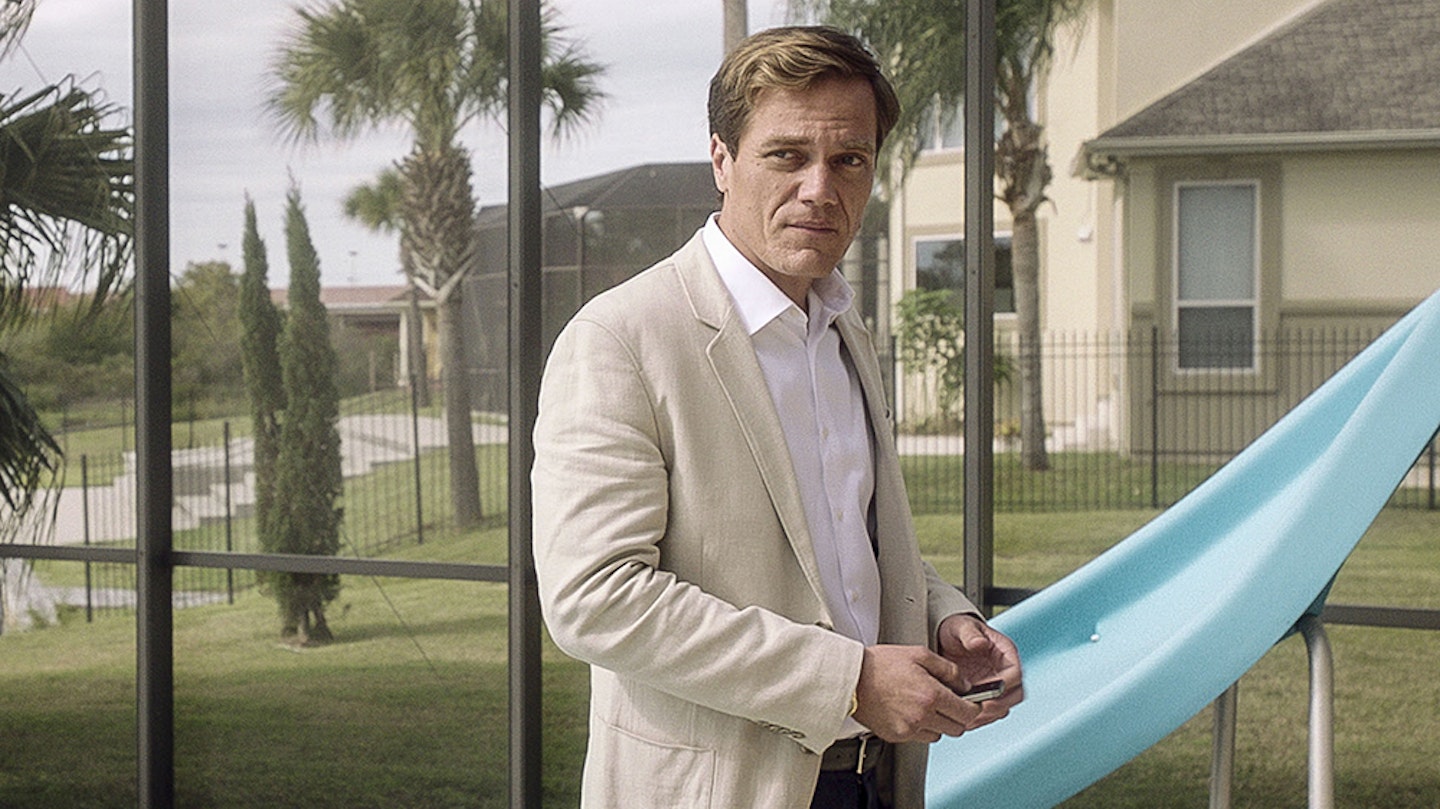
While ultimately overlooked by the Academy, Michael Shannon's performance in this punchy property drama was definitely worth its place in the Oscar conversation. If, as The Big Short stresses, the US economy lives on its real-estate market, Shannon is its Terminator, evicting families from their homes with all the scruples and concern of a particularly impassive T-1000. A lot more polarising than Ramin Bahrani's film, Ryan Gosling's Lynchian directorial debut Lost River tackled similar themes last year in the scariest look at life in Detroit since RoboCop.
Client 9: The Rise And Fall Of Eliot Spitzer (2010)
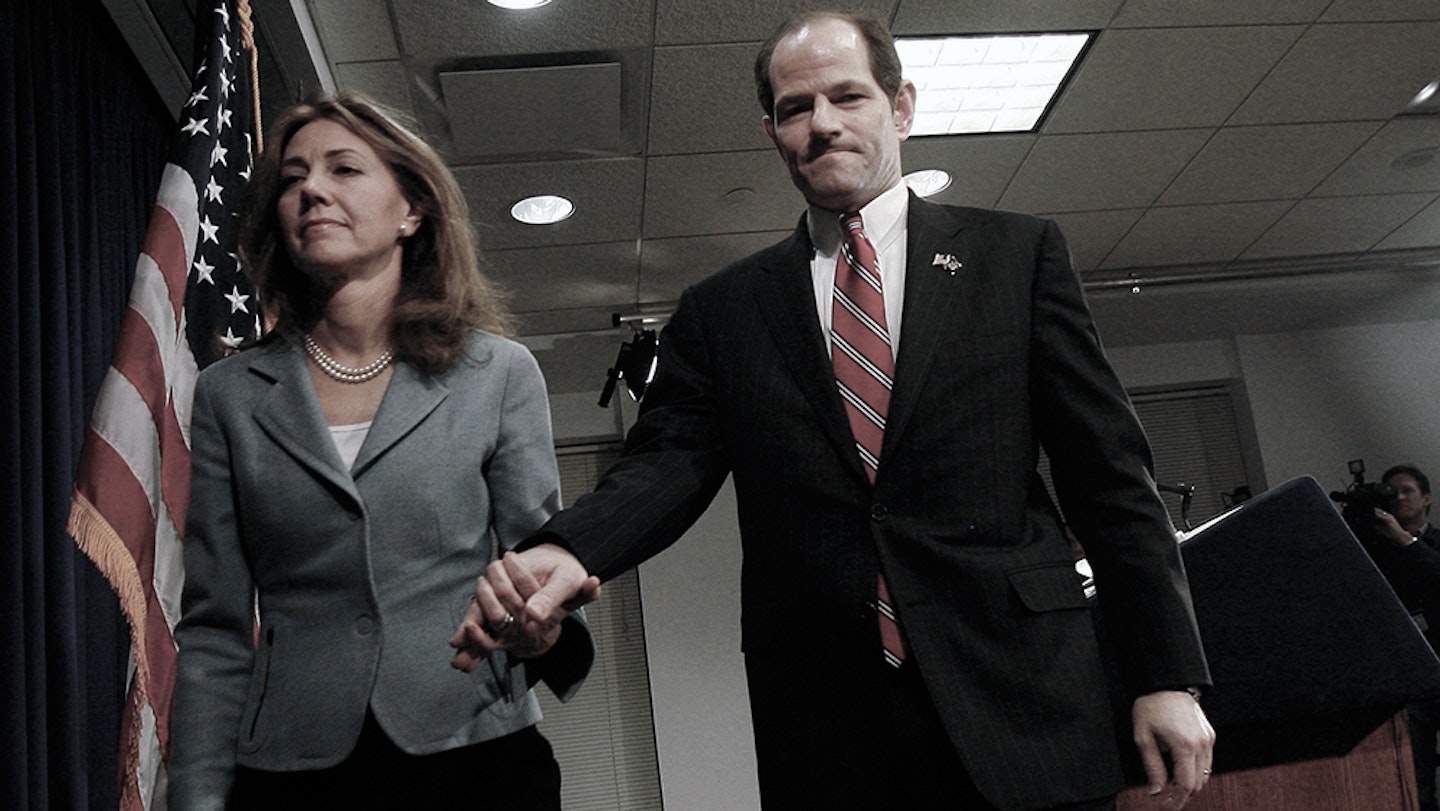
A star turn in Charles Ferguson's Inside Job, New York Governor Eliot Spitzer, a campaigner against Wall Street sleaze with the enemies to prove it, is on the other side of the moral ledger in Alex Gibney's expansion of Peter 'The Smartest Guys In The Room' Elkind's book, Rough Justice. Thanks to some suspiciously-placed evidence of Spitzer's own penchant for hanging out in sex clubs - the smoking handjob? - this one-time crusading hero was brought crashing down in 2008. The suspicion, of course, is that Wall Street bigwigs may not have been entirely crushed to see his fall. Gibney, when he's done with Scientology and the Catholic Church, may not be done with them either.
Collapse (2010)
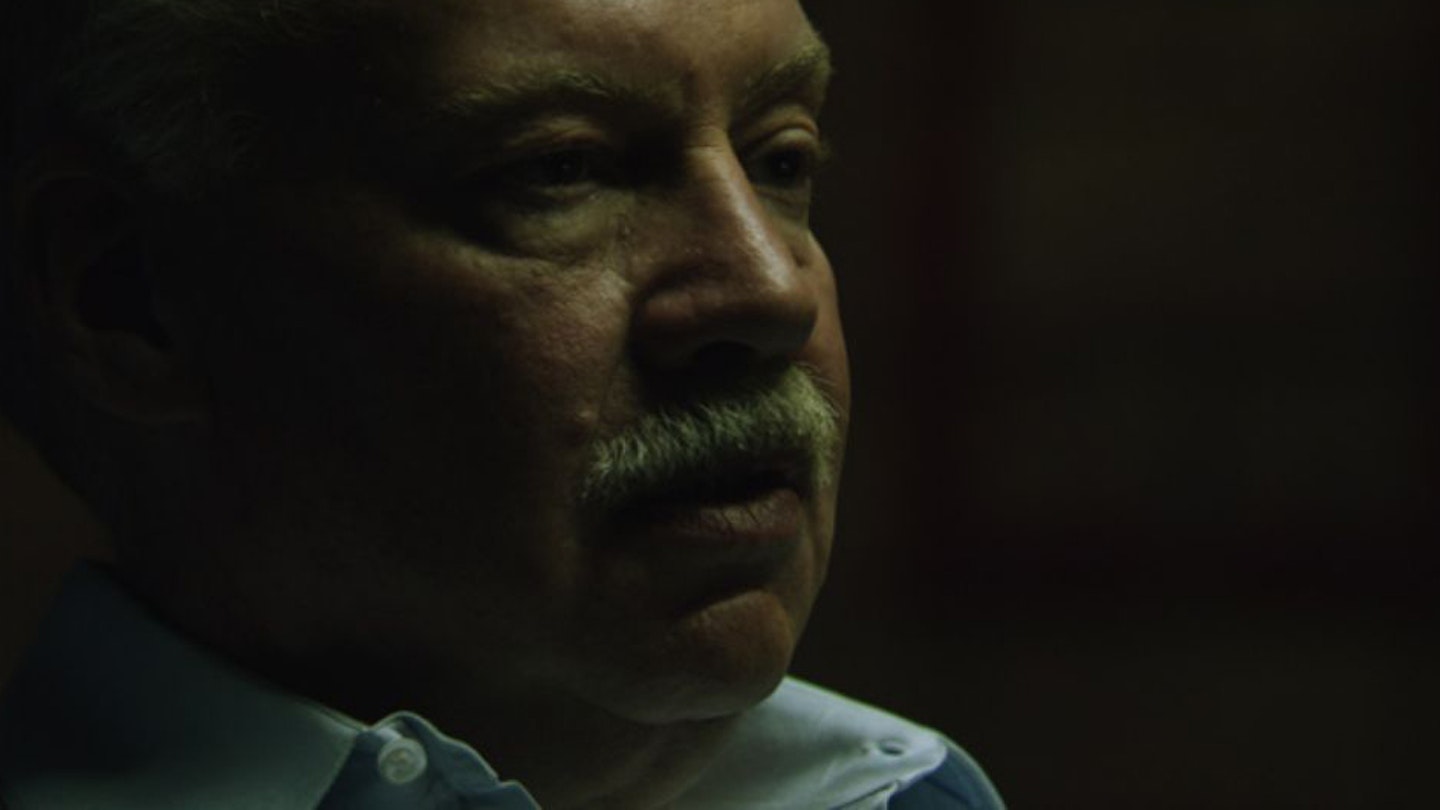
Whether you see him as scary in the 'herald-of-the-apocalypse' sense or just scary as in someone not to invite round for tea with your mum, ex-LAPD officer Michael Ruppert has some abrasive things to say about the future of capitalism in this one-shot documentary from indie filmmaker Chris Smith. The interviews, filmed over five days in an LA warehouse, feel like an economics lecture from the set of Reservoir Dogs. Oh, and those frightening things? That we all need to start preparing for financial armageddon. Like, immediately.
Too Big To Fail (2011)
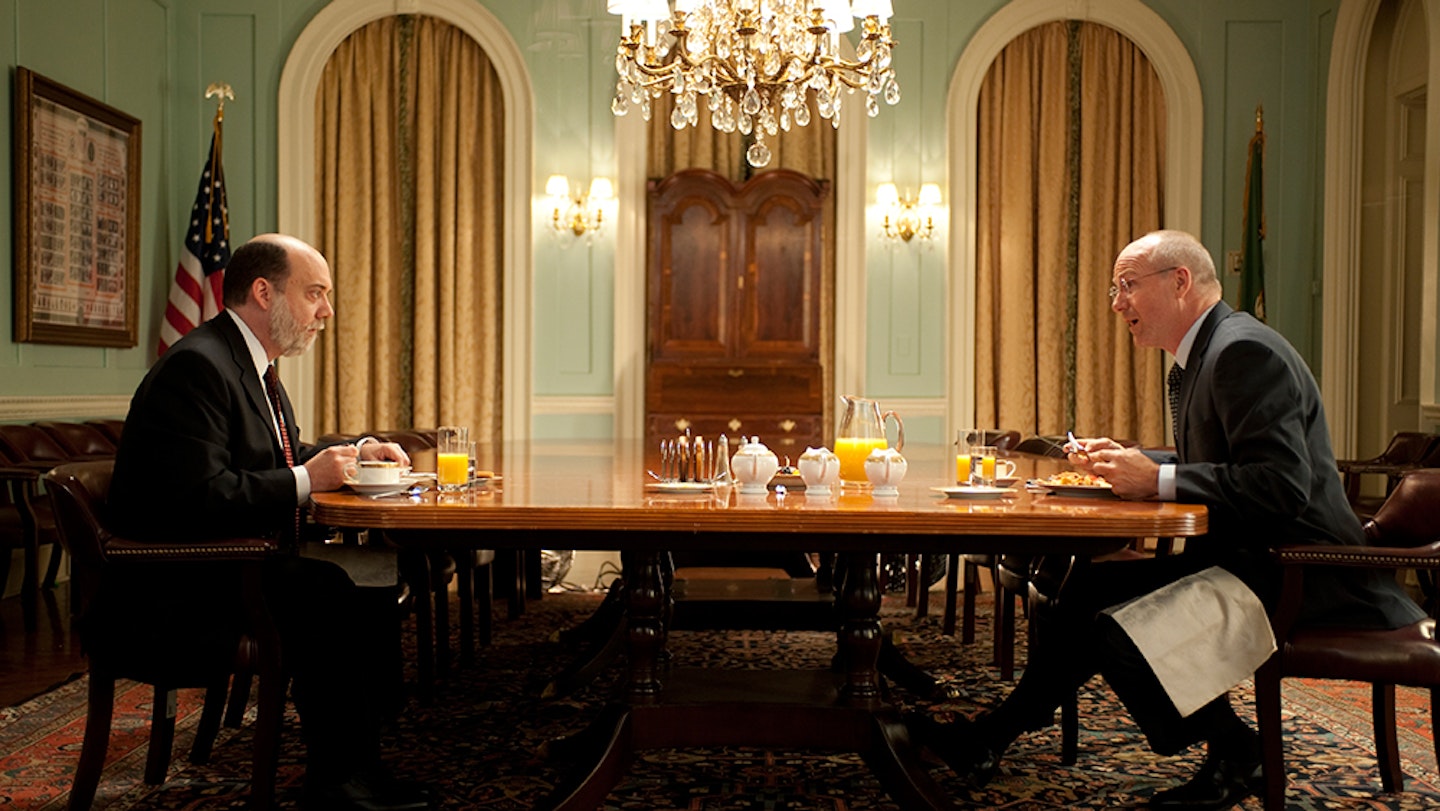
Curtis Hanson delivered this Emmy-nominated HBO movie to America's small screens as an alternative to all those depressing TV news stories about unemployment and the housing crisis. It might have been cold comfort for many. From the man who made L.A. Confidential, there are a lot of Dudley Smith and not too many Ed Exleys in evidence as the US government and Wall Street tries to save its collective skins over two months in 2008. If you have a sharp interest in the inner machinations of the Federal Reserve or just like watching bald men making phone calls, this is one to track down.
